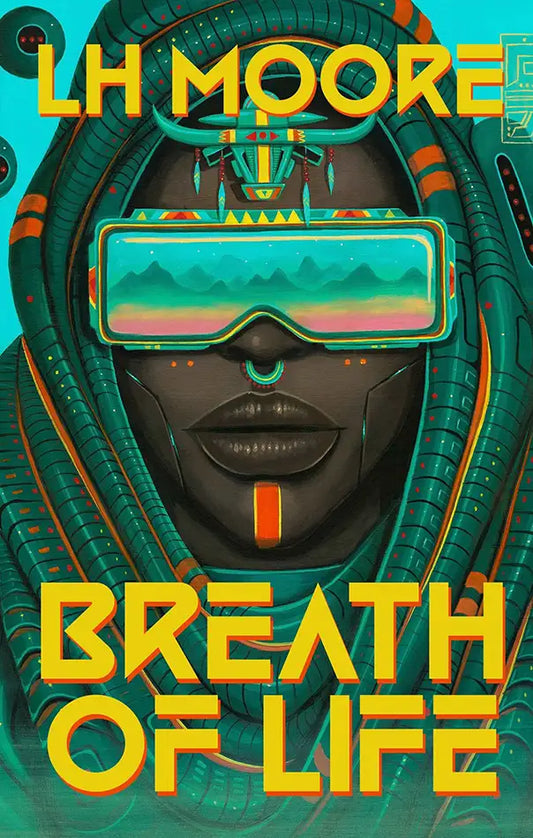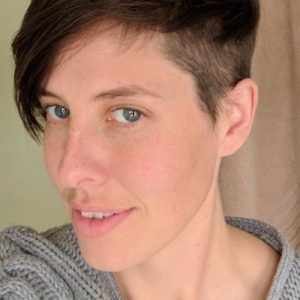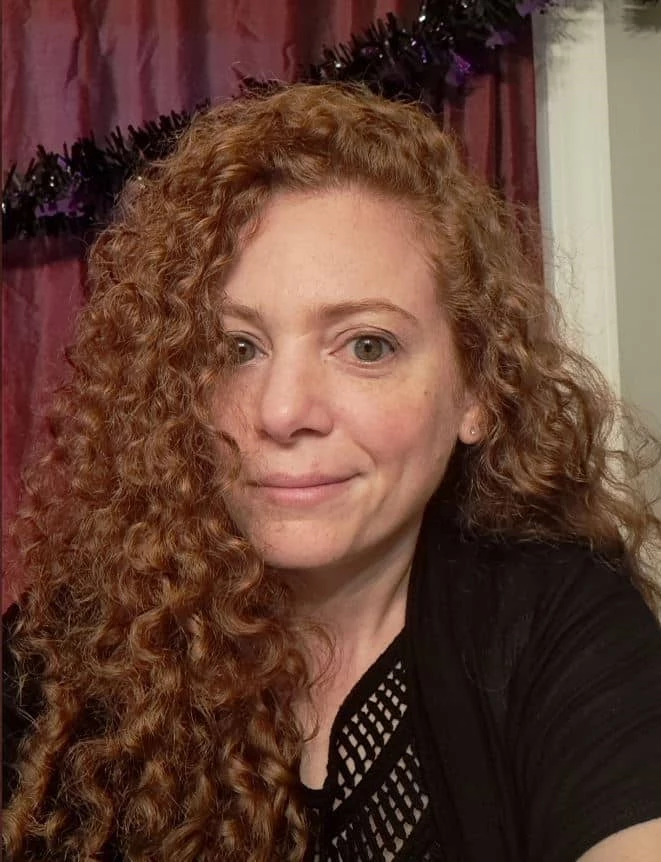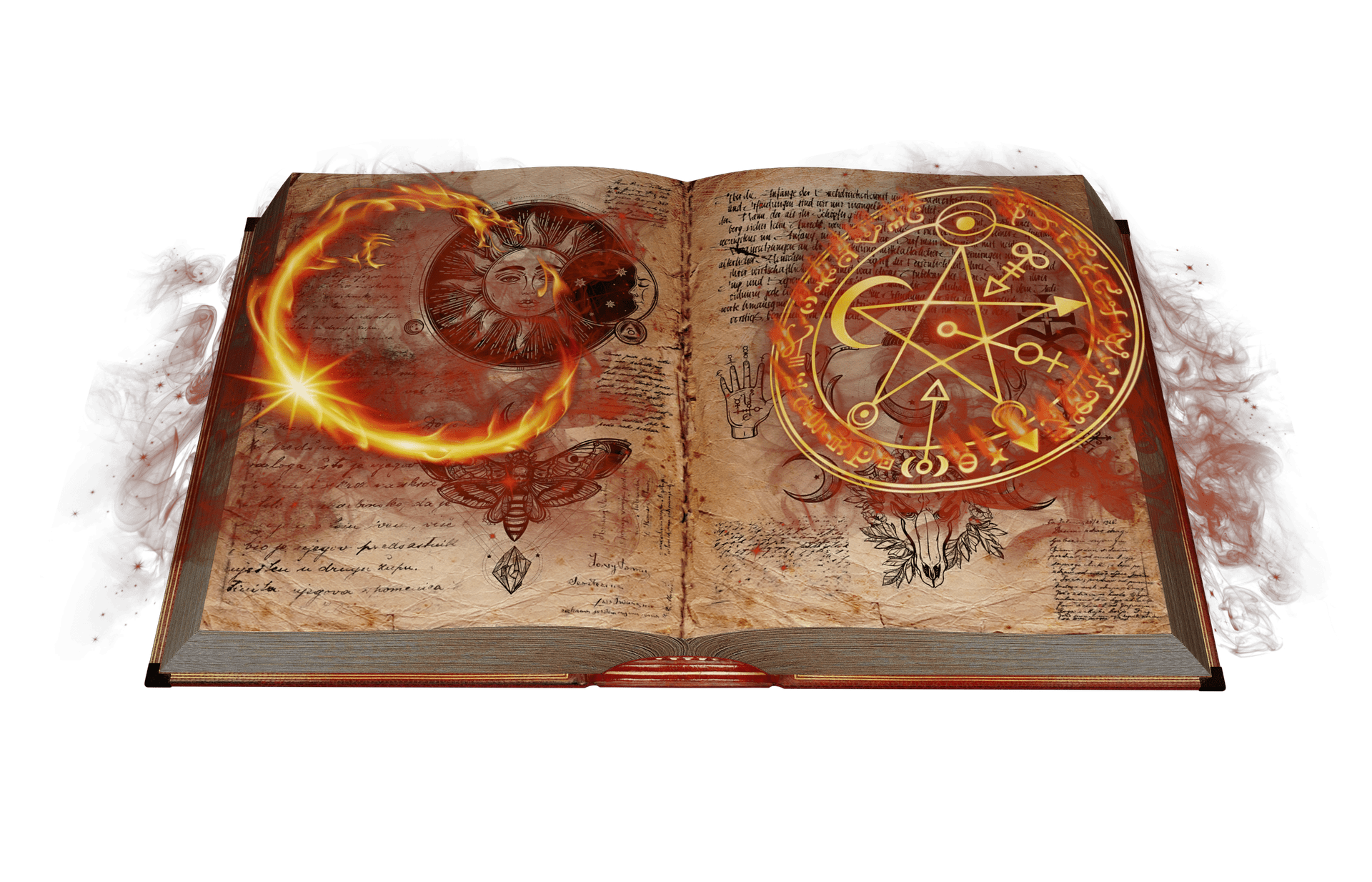
Raise your hand if you remember how the library of your youth smelled, where the return bin was, where the best reading spots were. Keep your hand up if you remember running your fingers across the spines, bringing adventures and discovery home with you, and congratulating yourself for “sneaking” into the adult fiction section under the watchful eye of a librarian who wondered what took you so long.
Keep your hand up if you know to the depths of your being that libraries—be them public libraries, school libraries, or even your parents overstuffed bookshelves—are magical places.
Now give me a high-five, because my hand is up too.
The first time I stepped foot in a university library was life changing for me. It was a perfectly average university library, truly nothing special. But as I meandered through the first floor, I realized I was surrounded by all the answers to all the questions in the universe. They were all there, waiting for me. It was a literal fortress of knowledge. I’d never felt so safe in my life.
Yes, I know, there are more adventurous places, sexier places, edgier places than a library. Libraries are just everyday places, right? But for some of us, libraries are all we have. The magic has to begin somewhere, and it often begins quiet and small. Like younger you, sneaking into the adult fiction section, magic also often has to try to sneak in somewhere. And sometimes it’s the everyday magic you need more than anything.
What’s all this talk of libraries, you ask? In “A Witch’s Guide to Escape: A Practical Compendium of Portal Fantasies,” author Alix E. Harrow gives voice to your library dreams, and uses them for, well, that would be a spoiler, now, wouldn’t it? Not only is her library a place of magic, but it is a place of safety, a place of watchfulness, a place of escape. Her witchy librarian can take one look at you and know exactly what book you need to read; even the books themselves often know which ones should go home with certain patrons. I hope to go into the right library, one day, and meet Harrow’s narrator. It is perfectly okay with me if that means I have to visit a thousand libraries. Maybe somewhere along the way, I’ll learn the right words to say so that the right librarian can give me the right book.
My friends, I cried while reading this story. And then I read it again, hoping it was no longer fiction, but a kind of secret nonfiction. I fervently hope you have a similar experience.
And what is the one thing that just might be more magical than a library? Why, a map, of course.
Alix E. Harrow’s short fiction has appeared at Tor.com, Shimmer Magazine, Strange Horizons, and elsewhere. She lives in Kentucky with her family, where she re-reads the stories she loves, tries to tire out their border collie, and plays in fantastical worlds as time allows. Alix was kind enough to let me fangirl all over her fiction via email, pester her during a busier and more-stressful-than-expected holiday season, and pick her brain about libraries, witches, maps, and the need to tell loud stories in quiet places.
APEX MAGAZINE: I imagine this story was at least partly inspired by a life-long love of libraries and the power of a story well told. What is your favorite childhood memory of being in library?
ALIX E. HARROW: See—I know this isn’t the right answer—but I actually didn’t discover the Magic of Public Libraries™ until I was a teenager. We lived down a gravel road in western Kentucky, and the nearest library was three grubby rooms full of outdated encyclopedias and Christian romances (a real genre). Every book had a stale-cigarette reek. So, the library I first loved was actually my mom’s personal library: tons of ’80s fantasy paperbacks, capital-L Literature from her English undergrad, and more than a few books stolen from her high school library, with the library cards still waiting hopefully inside.
AM: If a book could talk, if your favorite book and your least favorite book could talk to you, what do you think they would say?
AEH: I sometimes think my favorite books roll their eyes at me when I reach for them—like, again, dear? Shouldn’t you try something new? (But they understand, really. They don’t mind). And my least favorites just mutter self-importantly to themselves, collecting dust.
AM: Can you tell us about your writing process for this story? Did the plot or the characters, or even the ending, change between drafts? What surprised you the most about the finished story?
AEH: This was one of the more straightforward stories I’ve ever written. It started because I was thinking about this thing me and my best friend used to do in college, where we’d camp out in the library and text one another call numbers as clues to our location. And then, I was thinking you could tell a whole story by call number. And then I started thinking about how librarians are either the worst (miserly, disapproving, censorious), or the literal best (generous, empowering, vaguely seditious) …
And then I just let this chatty witch-librarian tell me about her day. It took some rearranging and reworking, but it always started with a kid who needed something he couldn’t have, and it always ended with an open book on the library floor.
AM: How did you develop the narrator’s character and the rules of witchcraft she has to follow?
AEH: Oh, she was a talky, conversational sort of lady from the beginning. Before I even started the story itself, I had several pages of gossipy monologuing from her, all about the secret magical library system and witch school and the personalities of books.
And I mean, being honest, most of that invented-book-witchery was stolen from other places and Frankenstein-ed together. Like, some of her schooling is stolen from my own grad experience, and some from the collective fantasy morass of magic schools. Some of the empathetic-book-magic is just my own wishful thinking; anybody who really loves books has this totally unhinged urge to share them with others, to give your friend just exactly the right book at the right moment, as if books are life vests of lighthouses—things that will keep you afloat, and guide you home.
AM: I love maps, and your fiction often touches on cartography, map making, and telling and creating story through maps. What is it about looking at a map that immediately makes us want to tell stories?
AEH: Oh man, killer question. Here’s my self-important-sounding answer: Because maps themselves tell stories.
And I don’t mean that strictly in the fairy-tale sense of magic and wonder—I mean that maps literally tell stories. They are cultural artifacts of imagination and ambition, which can and do communicate everything from imperial domination to nationalism to myth. So, when we read maps, we’re already falling into a particular vision of the world—a particular story, even. Which means it’s really not that hard for some unscrupulous writer to snatch them up and make them into new stories.
AM: How has growing up in the South informed and sculpted your storytelling style?
AEH: Huh. Never really thought about that before. Partly because Kentucky is only culturally, rather than geographically, the South, partly because I moved around a bit as a kid, and partly because fish don’t notice the water they swim in.
If I had to guess … I’d say it’s given me deep fondness for a particular kind of storytelling, a loud, unapologetic, “Now what had happened was …” kind of storytelling. It’s unsubtle, in some ways, and brash, and sometimes funny—it’s the way bossy Southern ladies with painted nails and smoker’s voices tell stories. I love it.
And it’s made me aware of race in a very specific way. Lord knows it’s true of the entire country, and most of the developed West, but “the problem of the color line” is at the poisoned, twisted heart of us. Every good thing I love about the South is tainted by it, even partially created by it. It’s … well. This isn’t really the place, but just in terms of this particular story: Know that Kentucky’s schools and social services are radically, measurably failing black kids. Only about 8% of the state is African American; almost half the kids in group homes (meaning, not placed in foster homes) are black.
AM: I hear you have a secondary world fantasy project in the works? What can you tell us about it?
AEH: This is the sound of a person recalling that, in fact, Twitter is an extremely public place to bemoan your writing projects.
Well. It’s kind of a portal fantasy, and kind of historical fantasy. It’s … about all the doors (you know the ones—they lead to Wonderland and Neverland and Narnia and the Upside Down), and the things that leak through the doors, and what might happen to a world whose doors were closing. And it’s also about fathers and daughters, and capitalism and power, and a girl coming of age and discovering the power of writing her own words. And there are footnotes, because I can’t help myself.
I’m halfway through the revisions right now, and feeling deeply, deeply morose about its prospects.
AM: Thanks, Alix! Portals? Capitalism and power? Fathers and daughters? The power of words? I can’t want to read it!











